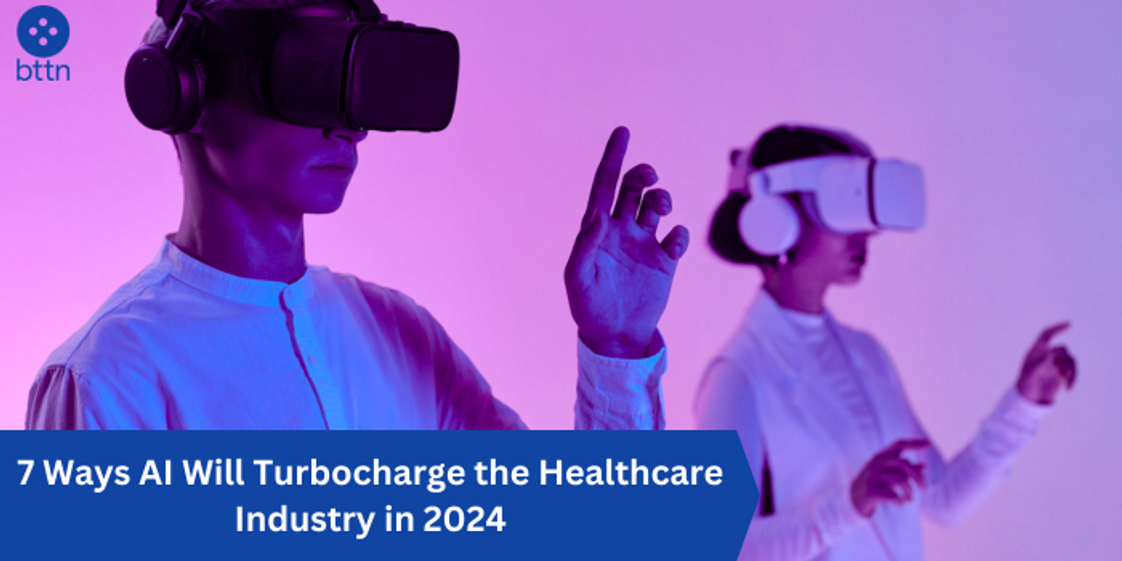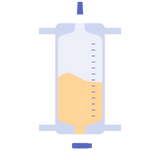
7 Ways AI Will Turbocharge the Healthcare Industry in 2024
Posted by Pankaj Dhiman on Jan 1st 2024
Healthcare is on the cusp of a revolution. Not one fueled by white coats and scalpels, but by lines of code and algorithms. Artificial intelligence (AI) is no longer a futuristic buzzword; it's rapidly infiltrating hospitals, clinics, and even our smartphones, poised to transform healthcare delivery in 2024 and beyond.
Must Read: JN 1 Covid Variant: Symptoms, Diagnosis, Risk & More
Imagine a world where AI:
- Diagnose diseases faster and more accurately than ever before.
- Personalizes treatment plans for optimal outcomes.
- Guides surgeons with real-time imaging during complex procedures.
- Empowers patients to actively manage their health.
This isn't science fiction. This is the near future, and 2024 promises to be a pivotal year for AI in healthcare. Here are 7 key areas where AI is set to take the industry to the next level:
1. Precision Medicine: AI's ability to analyze vast amounts of data, from genomic sequencing to medical scans, will revolutionize how diseases are diagnosed and treated. Imagine AI algorithms pinpointing the exact genetic mutation causing your cancer, leading to a personalized therapy with minimal side effects. This level of precision will unlock a new era of targeted medicine, improving treatment efficacy and reducing costs.
Must Read: The Voice of Healthcare in the US: A Chorus of Many Melodies
2. Proactive Healthcare: Forget waiting for symptoms to appear. AI-powered predictive models will analyze your health data, including lifestyle choices and genetic predispositions, to identify potential health risks before they manifest. This proactive approach allows for early intervention and prevention, saving lives and reducing the burden on healthcare systems.
Must Read: 8 Challenges as a Nurse and Tips for Overcoming Them in 2024
3. Enhanced Imaging: AI-powered image analysis tools are already assisting radiologists in detecting tumors and other abnormalities with greater accuracy and speed. Imagine AI highlighting suspicious lesions on a mammogram, prompting further investigation and potentially saving lives. In 2024, expect even more sophisticated tools that can analyze complex medical images in real-time, guiding surgeons during minimally invasive procedures and improving surgical outcomes.
Must Read: Wound Closure vs Wound Dressings: A Comparative Analysis
4. Virtual Assistants and Chatbots: AI-powered virtual assistants and chatbots are poised to become your 24/7 health companions. These intelligent bots can answer your medical questions, schedule appointments, and even provide basic symptom analysis, reducing the burden on healthcare professionals and empowering patients to take control of their health.
5. Mental Health Support: AI-powered chatbots and virtual therapists can provide accessible and personalized mental health support, especially in areas with limited access to traditional therapy. These tools can offer cognitive behavioral therapy techniques, mindfulness exercises, and emotional support, filling a critical gap in mental healthcare provision.
Must Read: 2024 Healthcare Revolution: How AI is Changing the Game
6. Personalized Medication Management: AI can help patients manage their medications more effectively, reducing the risk of adverse interactions and improving adherence. Imagine smart pill dispensers that remind you to take your medication and monitor your vital signs, sending alerts to healthcare providers if something seems off. This level of personalized medication management will improve treatment outcomes and reduce healthcare costs.
7. Administrative Efficiency: AI can automate tedious administrative tasks, freeing up healthcare professionals to focus on patient care. From scheduling appointments to coding and billing, AI can streamline workflows, reduce errors, and save valuable time and resources. This will allow hospitals and clinics to operate more efficiently and deliver better care to their patients.
Must Read: 10 Common Health Challenges and How to Avoid Them
Of course, integrating AI into healthcare comes with its own set of challenges. Ethical considerations around data privacy and bias must be addressed, and healthcare professionals will need to adapt to working alongside intelligent machines. However, the potential benefits of AI are undeniable, and 2024 promises to be a year of significant advancements that will propel the healthcare industry towards a brighter, more personalized future.
So, what does this mean for you?
As a patient, you can expect more accurate diagnoses, personalized treatment plans, and greater control over your health. As a healthcare professional, you can expect AI to become a powerful tool that empowers you to deliver better care to your patients. As a citizen, you can expect a healthier, more efficient healthcare system that benefits everyone.
The future of healthcare is here, powered by AI. Buckle up, because 2024 promises to be a wild ride.
Must Read: Wound Care: Bandages, Gauze, Medical and Surgical Tape, and Wound Dressings
Challenges and Considerations:
While AI's potential in healthcare is undeniable, challenges remain. Ethical considerations around data privacy, bias mitigation, and transparency must be addressed. Additionally, ensuring equitable access to AI-powered technologies and mitigating job displacement are crucial concerns.
Conclusion:
2024 marks a turning point in healthcare. AI is no longer a futuristic concept but a potent force shaping the present and future of medical practice. By embracing AI responsibly and ethically, we can unlock a new era of personalized, accessible, and effective healthcare for all. So, buckle up, healthcare professionals and patients alike - the AI revolution is upon us, and it's time to get ready for a healthier, brighter future.





























































